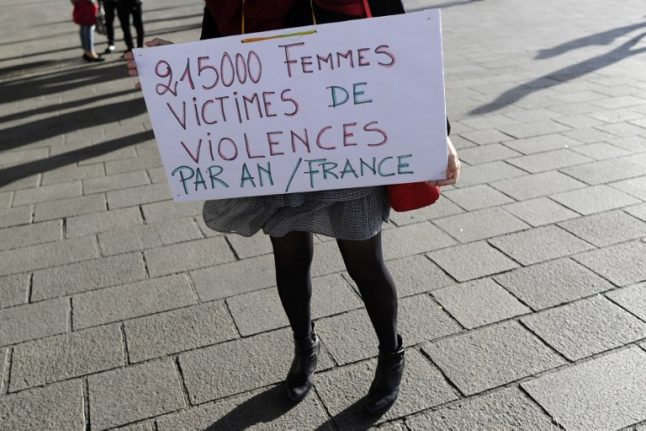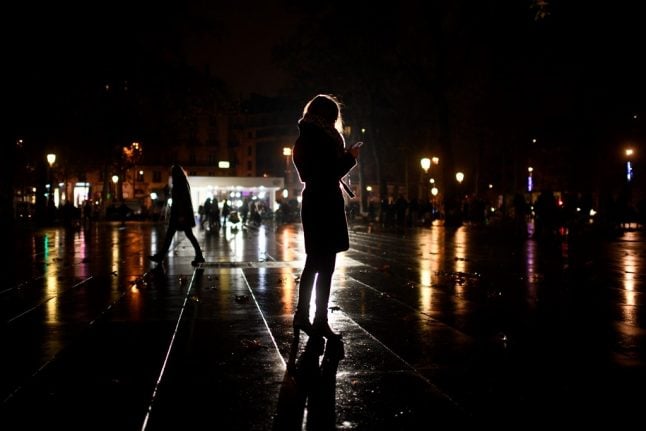French feminists who set up an anti-harassment phone line announced Tuesday they had been forced to shut it down after just three days because of a wave of insulting messages.
Activists Clara Gonzales and Elliot Lepers launched the “anti-relou” (anti-annoyance) mobile phone service Friday, encouraging women being hassled by insistent men to give its number out instead of their own.
If a man who refused to take “no” for an answer texted the fake number, he would receive an automatic response reading: “If a woman says no, there's no point in insisting.”
Gonzales and Lepers said they axed the service late Monday after the number received “more than 20,000 insulting messages” over the course of a few hours.
The organisers were also targeted on Twitter with a flood of hate messages including death threats, while dozens of food orders were made to their homes.
“We were the victims of a coordinated attack against the service and a campaign of harassment against us personally,” Gonzales and Lepers wrote in a statement.
“We will try to reactivate a similar service as soon as possible.”
They added: “Above all we want a government response that matches the expectations expressed by the whole of society in recent weeks concerning the fight against violence targeting women.”
The trolling campaign comes in the midst of a global outpouring of anger over sexual harassment and abuse following the Harvey Weinstein scandal.
The French initiative took its inspiration from a similar phone number set up by US feminist pop culture website The Mary Sue following the claims against Weinstein and millions of other men around the world.
The coordinated wave of text messages appears to have been intended to bankrupt the initiative — which had launched an online fund-raising campaign — as the service sent an automatic reply to each one.
Gonzales and Lepers said the campaign against them was organised via an infamous youth forum on website jeuxvideo.com — roughly a French equivalent of the English-language message board 4chan, a hub for young internet trolls.




 Please whitelist us to continue reading.
Please whitelist us to continue reading.